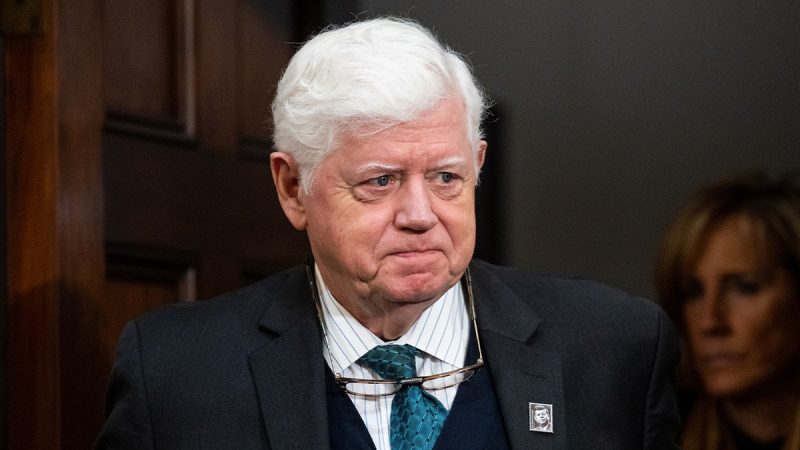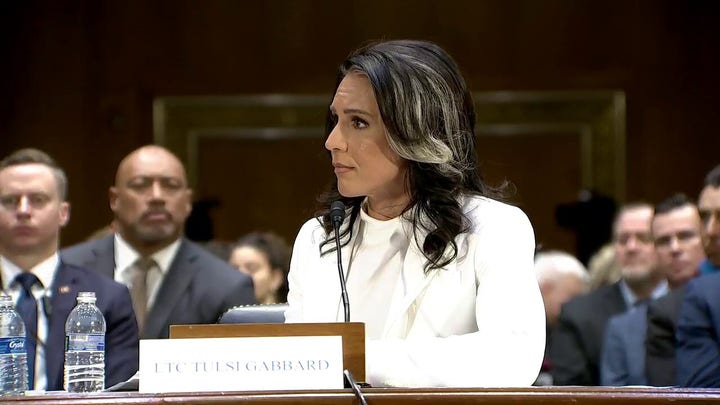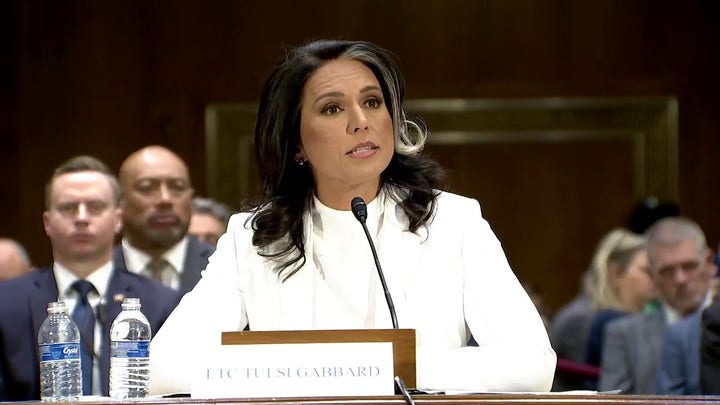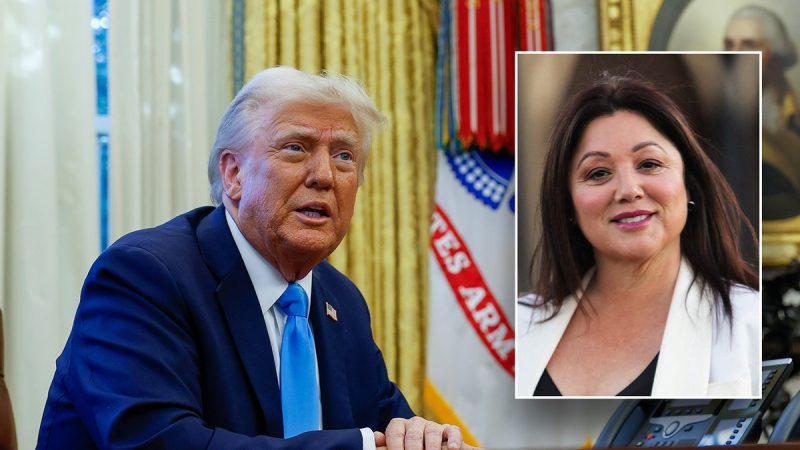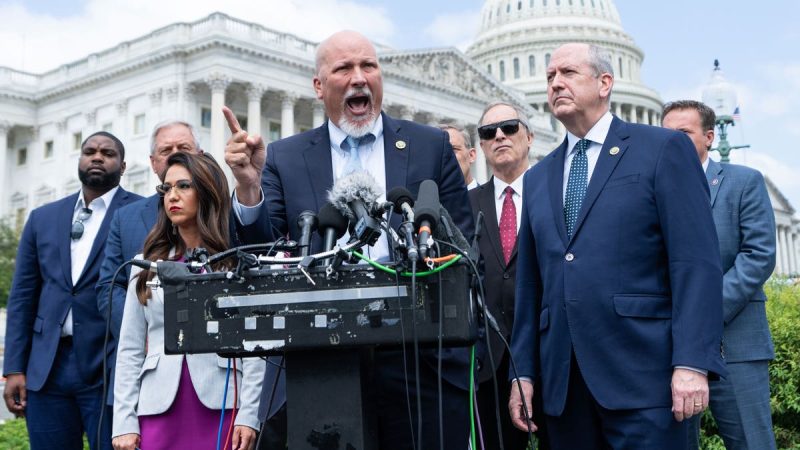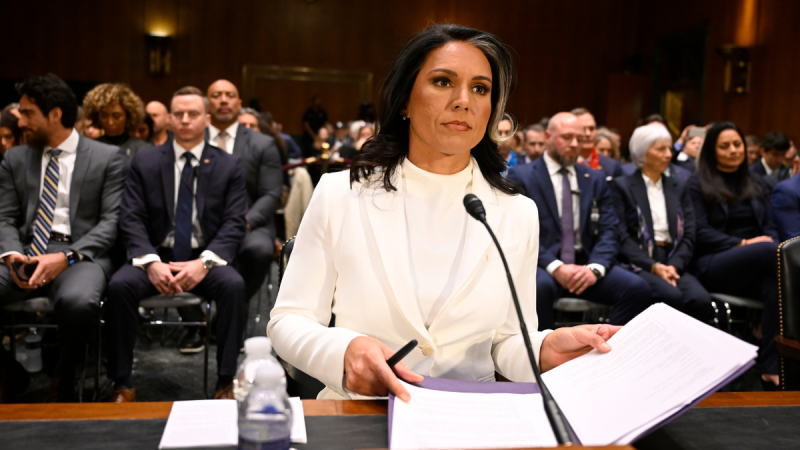
The United States Agency for International Development (USAID) provided millions of dollars in funding to extremist groups tied to designated terrorist organizations and their allies, according to a report published by Middle East Forum, a U.S. think tank.
‘The Middle East Forum’s multi-year study of USAID and State Department spending has uncovered $164 million of approved grants to radical organizations, with at least $122 million going to groups aligned with designated terrorists and their supporters,’ the conservative think tank wrote in its report published Feb. 4.
‘Billions more of federal dollars have been given to leading American aid charities which have consistently failed to vet their terror-tied local partners, and show little interest in improving their practices, to the apparent indifference of the federal government.’
The Middle East Forum’s report focuses specifically on funds from USAID and the State Department that wound up in the hands of radical groups and organizations tied to terrorism.
The think tank reported that among its top findings, USAID was found to have given more than $900,000 to a ‘Gaza-based terror charity’ called Bayader Association for Environment and Development. The funding began in 2016, and its most recent allocation was made just days before Hamas attacked Israel on Oct. 7, 2023.
Bayader describes itself as a nongovernmental organization (NGO) that works ‘to build a civil society’ on the Gaza Strip.
‘Founded in 2007, shortly after Hamas’s takeover of the Gaza Strip, Bayader operates in close cooperation with the Hamas regime. Its 2021 annual report notes ‘coordination’ and ‘meetings’ with Hamas’s Ministry of Interior, Ministry of Works, Ministry of Social Affairs and Ministry of Agriculture,’ the report found.
The funds were secured through other NGOs, such as Catholic Relief Services and medical groups.
‘But USAID coordinates directly with Bayader as well,’ according to the report. ‘USAID officials have praised Bayader’s work on social media, and even visited Bayader’s offices, where one senior USAID official, Jonathan Kamin, received an award from the terror-linked charity.’
The report also found that USAID approved a $12.5 million grant in 2024 to the American Near East Refugee Agency, which is also ‘a long-standing partner’ of Bayader. The American Near East Refugee Agency is an NGO that was established in 1968 in an effort to assist refugees following the Arab-Israeli War.
The report found staffers with the NGO have repeatedly and publicly posted ‘violent ideas, without apparent censure from top charity officials.’ The comments on social media posted by employees include: calling on God to ‘erase the Jews,’ expressing support for the ‘brave prisoners’ in Israeli jails during the Hamas-Israel war, and describing Oct. 7, 2023, as a ‘beautiful morning.’
Sam Westrop, the director of the Middle East Forum’s counter-extremism project, Islamist Watch, posted a highlight thread on X of the report’s findings, describing the examples as ‘horrifying.’
‘USAID won’t even tell us how much they gave the Unlimited Friends Association, a Gaza terror charity which operates with help from Hamas. The head of the charity promises to ‘cleanse’ their land of ‘impure Jews,’’ Westrop posted in the thread of an example.
‘USAID gave millions to Islamic Relief, whose Gaza branch openly works with senior terrorist officials in Gaza, including Hamas politburo member Ghazi Hamad. who promised that Hamas would repeat Oct 7 attacks ‘time and again until Israel is annihilated,’’ he posted in another example from the report.
USAID funds totaling $125,000 were found in the hands of the Islamic Relief Agency (ISRA) in 2015, despite the U.S. Treasury designating the group a global terrorist organization in 2004 due to its ties to Osama bin Laden.
The report continued that USAID ‘undoubtedly knew of ISRA’s terrorism activities. In 2010, the executive director of ISRA’s U.S. branch (IARA-USA) and a board member pleaded guilty to money-laundering, theft of public funds, conspiracy, and several other charges. The plea was listed on USAID’s own website,’ the report found. IARA-USA stands for the Islamic American Relief Agency.
The funds were directed to ISRA via an evangelical charity called World Vision that works to provide clean water to areas of Sudan, according to the report.
A World Vision official told Fox News Digital when asked about the report that the charity earned approval to work in Sudan ‘to help build a better world for the most vulnerable children and their families’ and that it takes ‘compliance obligations seriously.’
‘As soon as we became aware that a local partner, Islamic Relief Agency, might be on the list of organizations banned from transactions by the United States, we suspended the grant and asked the US Government to confirm its status,’ the official said. ‘We would never knowingly put those we serve or our staff at risk by working with a partner on the list of banned organizations. We exist to help build a better world for children and their families, serving in the name of Jesus Christ. We have no evidence that any of our funds have been used for anything other than urgent humanitarian work.’
‘As a Christian humanitarian organization, we do not compromise our beliefs nor commitment to integrity as we work with governments throughout the world,’ the official said. ‘It is not easy to operate in fragile contexts, yet this is where the Lord is calling us. We remain committed to our vision of bringing life in all its fullness to vulnerable children around the world.’
Fox News Digital reached out to Bayader, the American Near East Refugee Agency and Catholic Relief Services but did not receive replies.
USAID is under fire from the Trump administration as the Department of Government Efficiency (DOGE) and its chair, Elon Musk, investigate the agency’s spending practices and prepare to revamp and potentially shutter the agency. USAID is currently led by interim director Secretary of State Marco Rubio.
The agency announced on its website on Tuesday, Feb. 4, that nearly all personnel would be placed on leave by Friday, making a few exceptions for those in roles related to ‘mission-critical functions, core leadership and specially designated programs.’ Its overseas missions reportedly also had been told to shut down.
Lawmakers, news outlets and think tanks have dug into past reports related to USAID spending amid the apparent dismantling of the agency, finding countless examples of money channeled to questionable organizations or programs, such as creating a version of ‘Sesame Street’ in Iraq or funding pottery classes in Morocco.
USAID was established in 1961 under the Kennedy administration, operating as an independent agency that works closely with the State Department to allocate civilian foreign aid. Under Rubio, the agency could be abolished after its reorganization over the coming days, he said in a letter to bipartisan lawmakers on Feb. 3.
‘In consultation with Congress, USAID may move, reorganize, and integrate certain missions, bureaus, and offices into the Department of State, and the remainder of the Agency may be abolished consistent with applicable law,’ Rubio wrote.
Musk, meanwhile, has posted on X that USAID is a ‘criminal organization’ and that it is ‘time for it to die.’
This post appeared first on FOX NEWS
